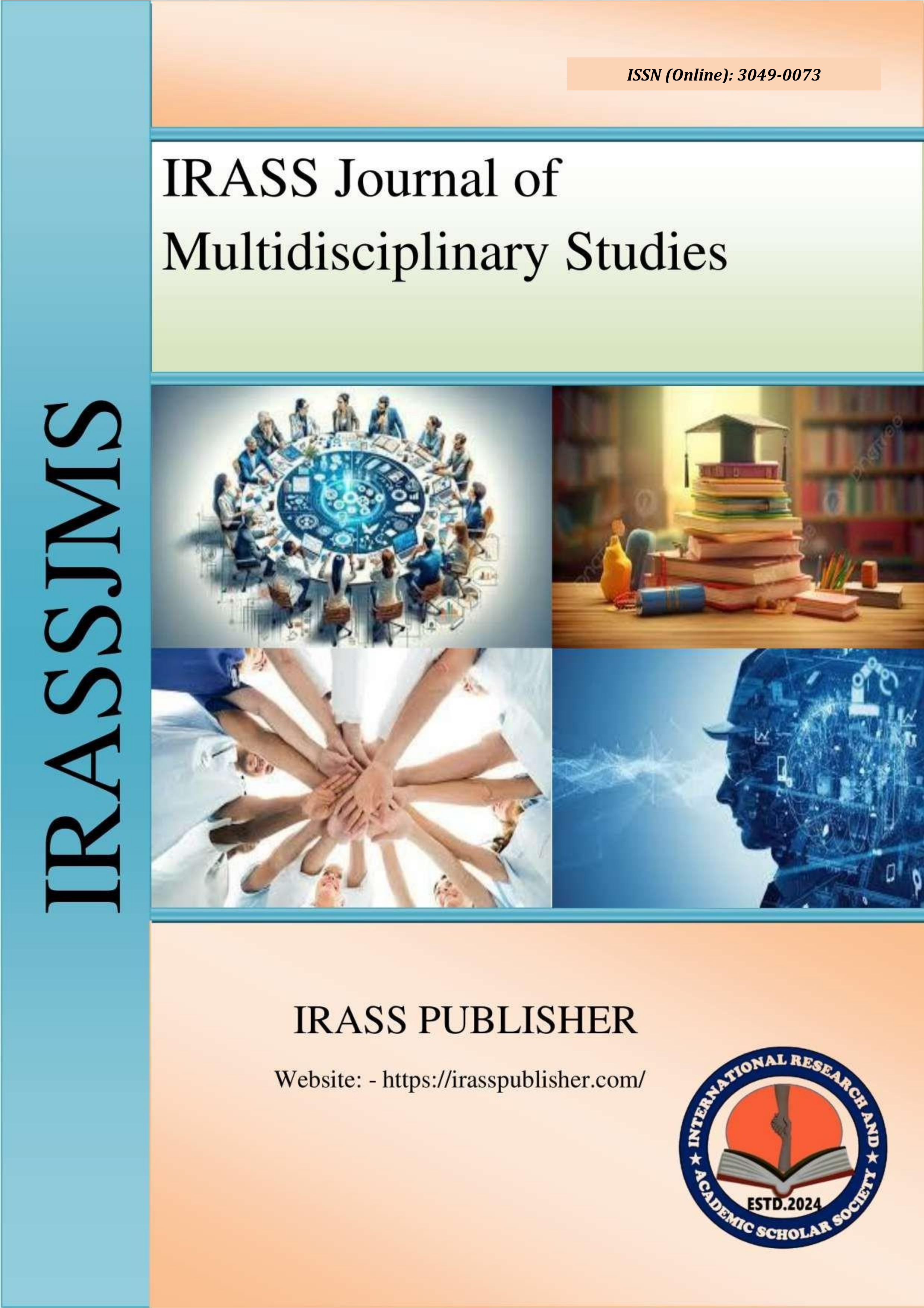PREVENTIVE MEASURES TO CURB POLICE-RELATED CRIMINAL BEHAVIOR
Sr No:
Page No:
64-74
Language:
English
Authors:
Dr. John Motsamai Modise*
Received:
2025-02-23
Accepted:
2025-03-06
Published Date:
2025-03-09
GoogleScholar:
Click here
Abstract:
The goal of the article was to explore theoretical stances that aid in the understanding
of police misconduct while also examining the extent and consequences of crime related to
police. The goal of the purpose solutions was to strengthen the bonds between the police and the
community while also promoting greater transparency and better police tactics. The main
points/discoveries: Crime involving police threatens public safety and erodes public trust. The
social and cultural elements that already exist play a role in police misbehavior. It takes a
multifaceted strategy to combat criminality related to police. Reform requires enhanced training,
community involvement, and increased openness. By addressing the underlying causes of crime,
police intervention may not be necessary as much. The Approach/Methodology: review of
scholarly publications, books, and studies on community policing, police training, and crimes
related to the police. examination of pertinent legislative texts and suggested policies.
Importance/Repercussions: This essay advances knowledge on police-related crime and its
consequences. It provides insightful information to help police leadership and legislators create
successful reform plans. It highlights how crucial shared responsibility and community
involvement are to creating a more just and equitable society. Researchers and academics with
an interest in criminal justice reform make up the audience. Law enforcement personnel and
policymakers looking for answers to crimes involving police. Residents worried about public
safety and police tactics. The use of excessive force, corruption, and racial profiling are
examples of police-related crimes that erode public confidence and disrupt social cohesion. The
scope of the problem and its negative consequences are examined in this essay. It investigates
the underlying mechanisms that lead to police misbehavior by drawing on theories such as
Police Culture Theory, Broken Windows Theory, and Social Control Theory. The study does
not, however, only focus on the issues. It employs a multifaceted strategy to investigate potential
solutions.
An emphasis on addressing the underlying causes of crime through social programs,
enhanced officer training emphasizing de-escalation and community participation, and increased
openness through body cams and data accessibility are all recognized as critical measures. The
importance of shared responsibility for transformation is emphasized in the paper's conclusion.
To promote trust, heal communities, and establish a more just and equitable system, police
departments, governments, and individuals all have a duty to play.
Keywords:
Police-related crime, police misconduct, social control theory, broken windows theory, police culture theory, transparency, accountability, training, community policing, social programs, De-escalation training, Body cameras, Civilian oversight, Use-of-force incidents, Implicit bias, Defunding the police, Social determinants of crime, Procedural justice.
Journal: IRASS Journal of Multidisciplinary Studies
ISSN(Online): 3049-0073
Publisher: IRASS Publisher
Frequency:
Monthly
Language:
English

